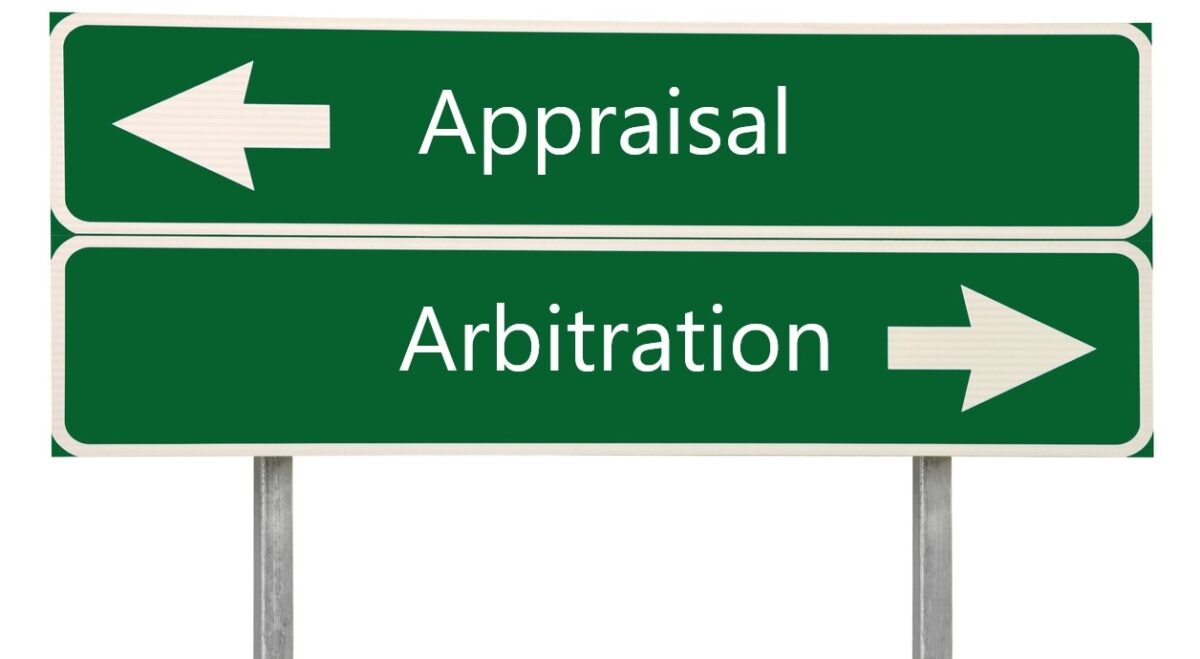Loss payee insurance (sometimes also called loss payable insurance) protects the rights of anyone who has an insurable interest in property or an item, making it an excellent choice for anyone who owns property and lends or rents it to others. Loss payees are (or should be) included on payments of claim checks, but depending on the language of the loss payable clause in the policy, they might not have other rights.
What Is a Loss Payee Clause in Insurance?
A loss payee clause is a provision in an insurance policy that directs claim payouts to a third party, rather than the policyholder themselves, in the event of a covered loss. This third party, known as the loss payee, usually has a financial interest in the insured property. Loss payees are typically lenders, like mortgage companies or auto loan financers: They have a stake in the property because they are still owed money by the purchaser, and a loss payee clause protects the company in case the purchaser of the property suffers a covered loss.
What Is the Difference Between a Simple Loss Payee and a Mortgagee Clause?
The difference is that a simple loss payee can only claim an insurance payout if the policyholder can claim an insurance payout. In contrast, a mortgagee clause creates a separate contract between the loss payee and the insurance company, allowing the loss payee to claim a payout no matter the status of the policyholder claim. For more information about this distinction, see our post Loss Payable Clauses and Standard Mortgagee Clauses: Know the Basic Rule and Difference.
Can a Simple Loss Payee Sue an Insurance Company?
Yes, a simple loss payee can sue an insurance company. However, a simple loss payee’s right to receive money is contingent on the named insured having a valid claim. If the insurance company denies the insured’s claim for a legitimate reason, the loss payee wouldn’t have grounds to sue because their right to payment hinges on the insured’s successful claim.
The importance of this distinction is clear in an August 2022 Alabama federal case, Lee Investments LLC v. Nautilus Insurance Company.1 In this case, the owner of the property was listed as the loss payee. The owner’s tenant was the named insured and made an insurance claim. The claim was denied, and the loss payee attempted to recoup some of the damages by suing the insurance company. Crucially, however, the policyholder didn’t file a proof of loss, provide requested documents, or attend requested examinations under oath. As a result, the court ruled in favor of the insurer, and no payout was forthcoming for either the policyholder or the loss payee.
In short, because the policyholder did not comply with the conditions of the policy, the policyholder couldn’t collect, and therefore, neither could the simple loss payee. This shows how loss payee clauses don’t always fully protect the interest of property owners; we suggest owners obtain policies that place them as a named insured to fully protect their interests. Indeed, a tenant may have all kinds of motivations to not comply after a loss. Keeping the owner’s insurance interest separate and not dependent on the tenant is something insurance agents should discuss with property owners.
Is the Loss Payee the Same as the Beneficiary?
Loss payees are not the same as beneficiaries on an insurance policy. As described above, a loss payee is first on the list for an insurance payment in the event of a valid claim made by the policyholder. Beneficiaries are named parties on a policy that can receive benefits in the event of the policyholder’s death. In other words, a loss payee is tied to a specific property and a covered loss, while a beneficiary is tied to a specific person and a life event (death).
What Happens to the Leftover Insurance Money After the Simple Loss Payee Is Paid?
This depends on the kind of loss and the exact wording of your policy. If the loss is a total one, typically the loss payee receives the amount they are still owed on the property, and the remainder of the payout would be allocated to the insured. If the loss is partial, however, it’s likely that the insurance company would issue a check for approved repair costs; the check might be a single check to the insured or a joint check to the insured and the loss payee.
Ultimately, it’s best to consult your specific policy for the exact wording to know what happens to any remaining money after a simple loss payee event.
How Do You Add a Loss Payee Clause to Your Policy?
Consult your insurance agent to request an endorsement to your policy for a loss payee clause. Your agent is able to tell you if the company offers loss payee clauses, as well as whether your premium will increase with the endorsement.
Further Resources on Insurance Coverage Law
Navigating the complexities of insurance claims can feel overwhelming. Whether you’re facing unpaid claims or simply filing for the first time, our eBooks equip you with the crucial information you need to advocate for yourself with confidence.
- Filing A Property Insurance Claim
- Insurance Company Response Time
- What To Do When You Have a Denied/Underpaid Claim
- Wildfire Claims
- Flood Claims Handbook
- More Information on Hurricane Deductible and Policy Limits
- Condominium Hurricane Preparedness
Why Merlin?
Are you fighting an insurance company that won’t pay up on claims? With nearly 40 years of practice and $2 billion in recovered claims, our team stands by your side to ensure you can face any insurance challenge with confidence. Contact us today for a consultation, or read more about how we’re your trusted advocate.
1 Lee Investments LLC v. Nautilus Ins. Co., No. 7:20-00903 (W.D. Ala. Aug. 1, 2022).




